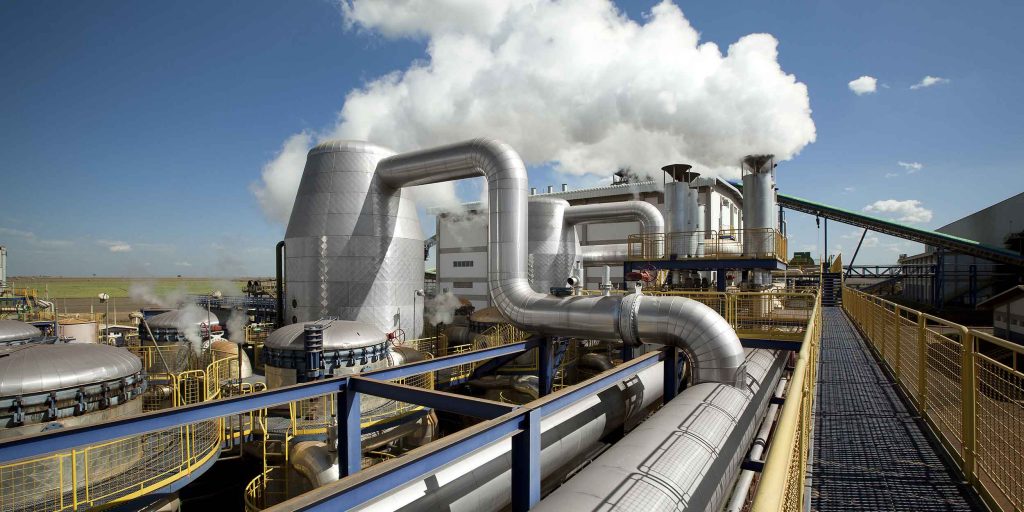
The retail industry and consumer industry are two of the most significant sectors in the global economy. While both industries are closely related to each other, there are some key differences that set them apart. In this blog post, we will explore the differences between the retail industry and consumer industry, and how they impact businesses and consumers.
- Definition and Scope:
The retail industry refers to the process of selling goods or services directly to consumers through physical or online stores. This industry includes a wide range of businesses, from small mom-and-pop shops to large multinational corporations. On the other hand, the consumer industry refers to the production and distribution of goods and services that are used by individuals for personal consumption. This industry includes products such as food, clothing, electronics, and personal care items. - Business Models:
The retail industry operates on a business-to-consumer (B2C) model, where businesses sell products or services directly to consumers. In contrast, the consumer industry operates on a business-to-business (B2B) model, where businesses sell products or services to other businesses that then sell them to consumers. This means that the retail industry is more focused on customer service and marketing, while the consumer industry is more focused on production and distribution. - Market Trends:
The retail industry is highly influenced by consumer trends and preferences. Retailers need to stay up-to-date with the latest fashion, technology, and lifestyle trends to remain competitive. In contrast, the consumer industry is more influenced by economic and political factors, such as changes in trade policies, inflation, and interest rates. This means that the consumer industry is more volatile and subject to sudden changes in demand and supply. - Supply Chain:
The retail industry relies heavily on a complex supply chain that involves multiple intermediaries, such as manufacturers, wholesalers, and distributors. This supply chain can be challenging to manage, as retailers need to ensure that they have enough inventory to meet customer demand while minimizing costs. In contrast, the consumer industry has a more straightforward supply chain, as businesses deal directly with other businesses.
Conclusion:
In conclusion, the retail industry and consumer industry are two distinct sectors that play a crucial role in the global economy. While both industries are closely related, they have different business models, market trends, and supply chains. Understanding these differences is essential for businesses and consumers alike, as it can help them make informed decisions about their purchasing and investment strategies.


